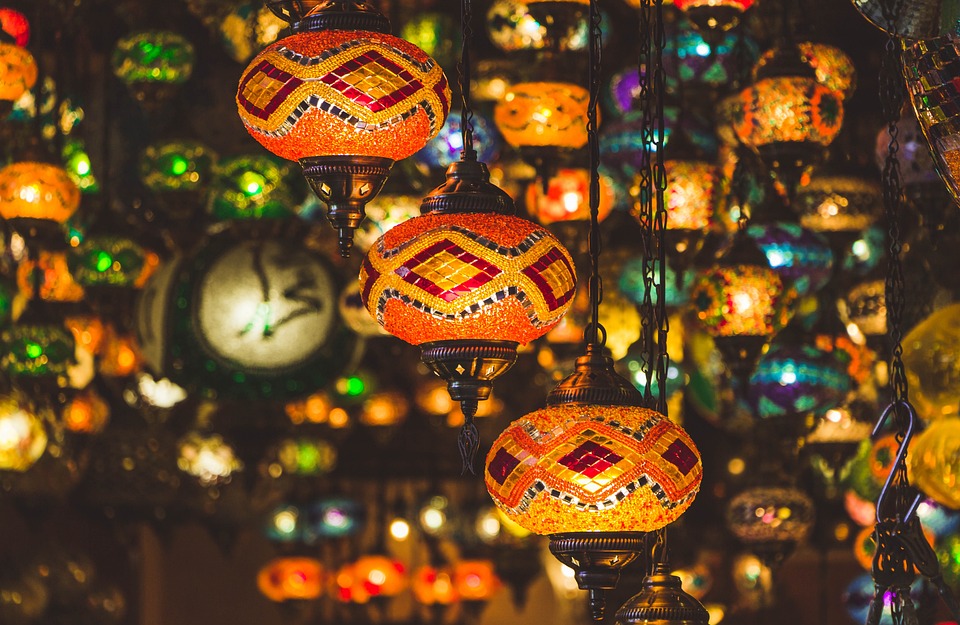Cultural traditions play a significant role in shaping our identities. From the way we speak, dress, eat, and celebrate, our cultural background influences many aspects of our daily lives. These traditions are passed down from generation to generation, helping to define who we are and where we come from.
One of the most obvious ways cultural traditions shape our identities is through language. The way we communicate with others often reflects our cultural heritage. For example, someone who speaks Spanish may identify as Hispanic, while someone who speaks Mandarin may identify as Chinese. Language not only connects us to our cultural roots but also helps us communicate and connect with others who share the same heritage.
Food is another important aspect of cultural traditions that shapes our identities. Different cultures have their own unique cuisines and culinary traditions that are passed down through families. For example, Italian families may have specific recipes for homemade pasta dishes, while Korean families may have traditional dishes like kimchi and bulgogi. Eating these foods not only connects us to our cultural heritage but also helps us feel a sense of belonging and comfort.
Cultural traditions also play a role in how we celebrate holidays and special occasions. For example, many cultures have specific customs and rituals for weddings, funerals, and religious holidays. These traditions help us connect to our past and give us a sense of belonging within our community. By participating in these rituals, we feel a sense of pride and connection to our cultural background.
Additionally, cultural traditions influence our beliefs and values. For example, some cultures place a strong emphasis on family and community, while others prioritize individualism and personal success. These values shape how we view the world and interact with others, ultimately influencing our identities.
Overall, cultural traditions play a crucial role in shaping our identities. They provide us with a sense of belonging, connect us to our heritage, and influence our beliefs and behaviors. By embracing and celebrating our cultural traditions, we can better understand ourselves and appreciate the rich diversity of the world around us.
